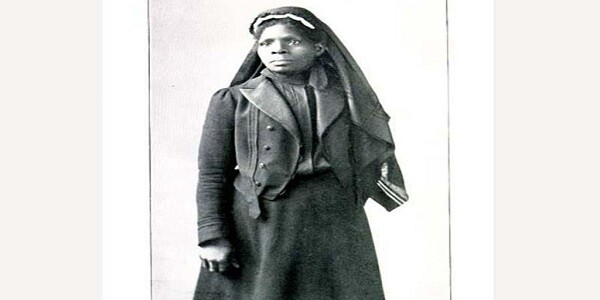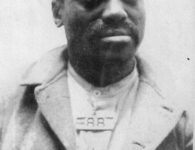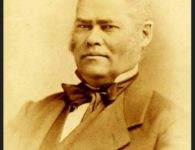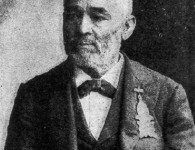Photo credits: Cheryl E. Preston
Judy Woodford Reed’s birth was commemorated around the year 1826.
Reed was one of the few African American women known for her prolific invention throughout the 1880s. There are tons of attributes that are not notorious regarding Reed. She primarily showed up at the 1870 Federal Census as a 44-year-old sempstress. This took place at Fredericksville Parish next to Charlottesville, Virginia which is in Albemarle County.
Reed was with her spouse, Allen Reed, and the horticulturist as well as her five kids. Once ten years went by, Mr. and Mrs. Reed stayed in Virginia to be with their grandchild.
In mid-1880 and 1885, Mr. Reed passed away. Mrs. Reed labeled herself as “widow of Allen” after her husband’s death. She relocated to Washington D.C. upon the place she lived alongside by her kids at 1906 K Street, N. W. The sole recognized history which Mrs. Reed had was the US patent-of-invention. Mrs. Reed was deemed to be the first African American female to acquire a patent.
On September 23, 1884, Reeds Patent No. 305,474 for a “Dough Kneader and Roller” was endowed.
The patent-of-invention was there to ameliorate the construction upon an existent rolling pin. This is for the flour to blend extra smoothly when it remains concealed and secured. Regarding if Mrs. Reeds had the capability of reading, writing, or printing her name on the patent as an “X” was not known.
An African American female that was at a prior term had the likelihood to obtain patent-of-invention entitlement.
Although there was a chance to acquire patent authority, this remains obscured because there are no obligations to signify ethnicity. In addition, females frequently applied just the initial letter so they can conceal their sex. Being intellectual was against the law at the time. Anyone who was caught reading, writing, or providing education was likely to face severe punishment or the death penalty.
In 1905, Mrs. Reed passed away.





















No comments